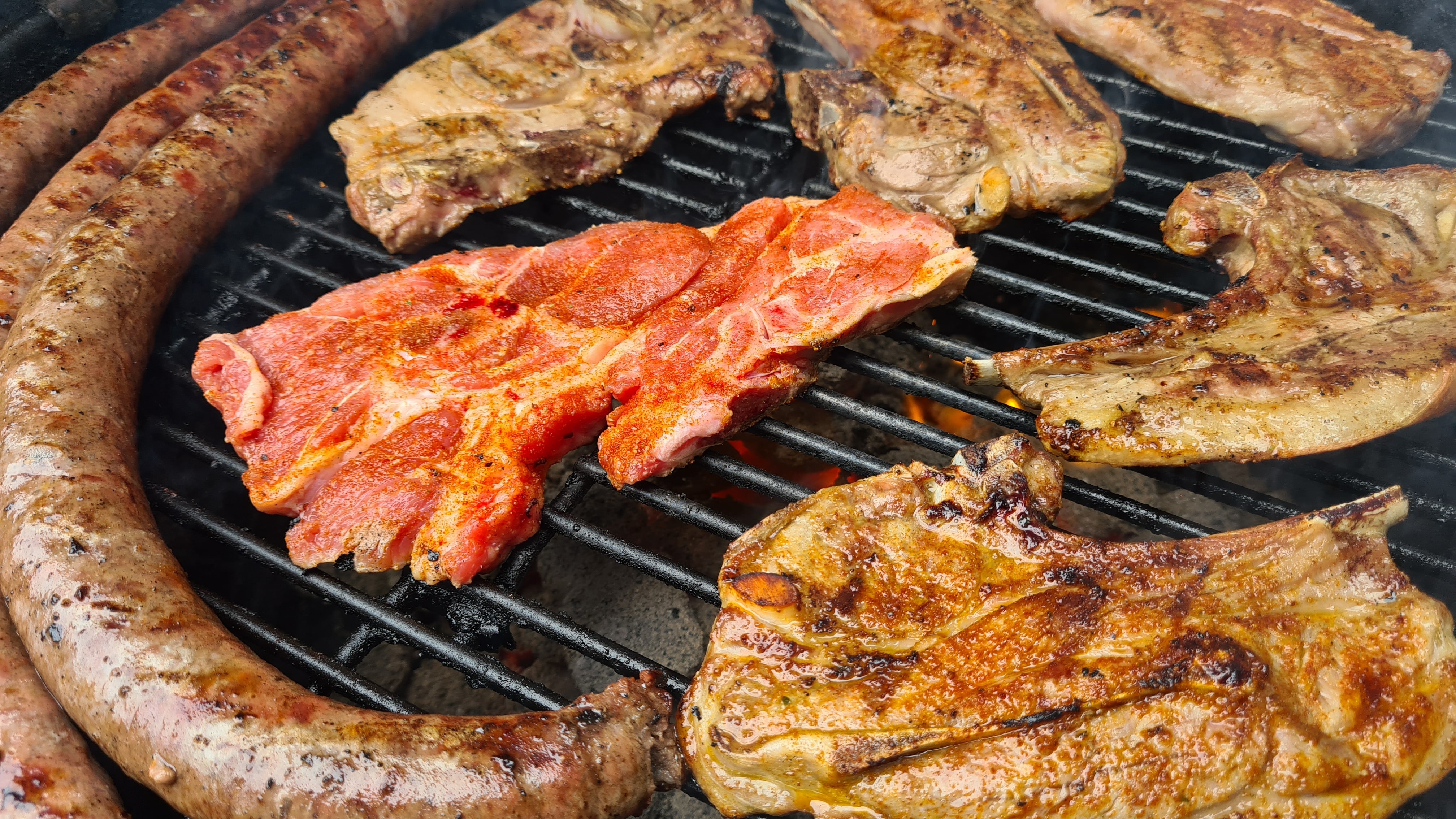Fatty liver

Fatty liver also known as hepatic steatosis is a condition caused by too much fat deposition in the liver. The incidence of fatty liver disease has been increasing in parallel with obesity pandemic. There are some fat cells in the liver but excessive fat in the liver can cause the liver to function abnormally.
There are two types of fatty liver disease, simple fatty liver in which there are fat deposited in the liver but it cause minimal or no inflammation or liver damage. Another one is non-alcoholic steatohepatitis (NASH) or non-alchoholic fatty liver disease (NAFLD) in which there is excessive fatty liver deposits leading to inflammation and scarring or fibrosis which can lead to liver cirrhosis (liver failure)
Fatty liver is associated with metabolic syndrome (obesity, insulin resistance and type 2 diabetes, high cholesterol, high blood pressure ), alcohol consumption, medications like steroid, pregnancy and hepatitis infection.
Commonly there are no symptoms associated with fatty liver and often patient are unaware of the diagosis of fatty liver until liver decompensation occurs. Often it can be diagnosed incidentally during physical examination (enlarged liver), blood test (elevated liver enzyme) and on ultrasound of the abdomen. Occasionally it can cause tiredness, loss of appetite, nausea and pain over the right upper side of the abdomen.
Diagnosis can be made on clinical assessment, blood test such as liver function test, hepatitis screening and ultrasound of the liver. Sometimes, a special scan called fibroscan is done to assess the degree of fibrosis caused especially when there is persistent abnormal liver test. Occasionally liver biopsy is performed
Treatment of fatty liver disease is avoidance of alcohol and medication that are toxic to the liver (hepatotoxicity) such as anabolic steroids, amiodarone, certain antibiotics, excessive intake of paracetamol and traditional medication. Initial management is by aggressive lifestyle modification including weight reduction, optimisation of underlying chronic diseases such as diabetes and high cholesterol, regular exercises and dietary changes but cutting down excessive carbohydrate intake, sweet foods and drinks and oily and fatty foods.
If you have any questions regarding fatty liver disease, come down and talk to our doctor on how to keep your liver healthy today.



